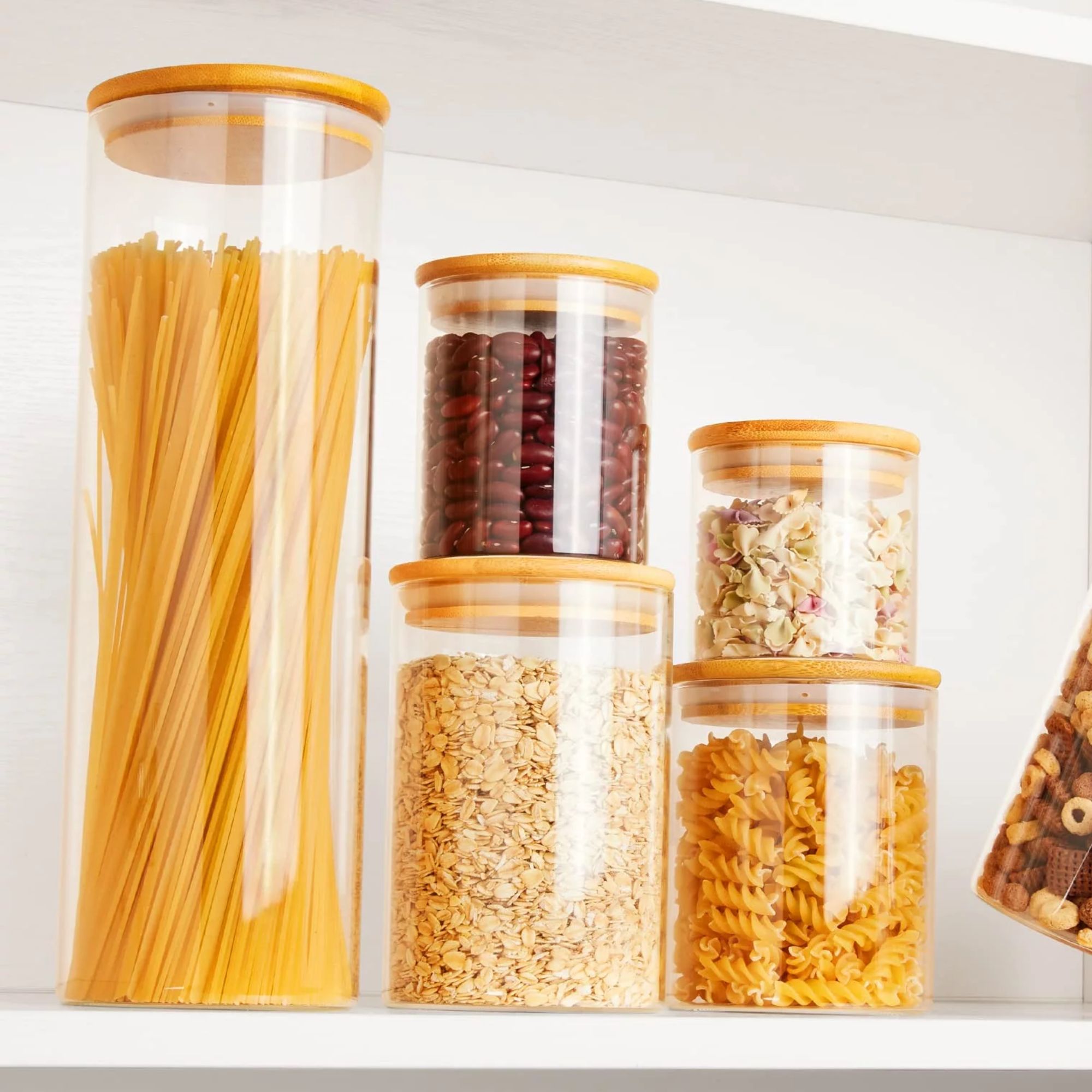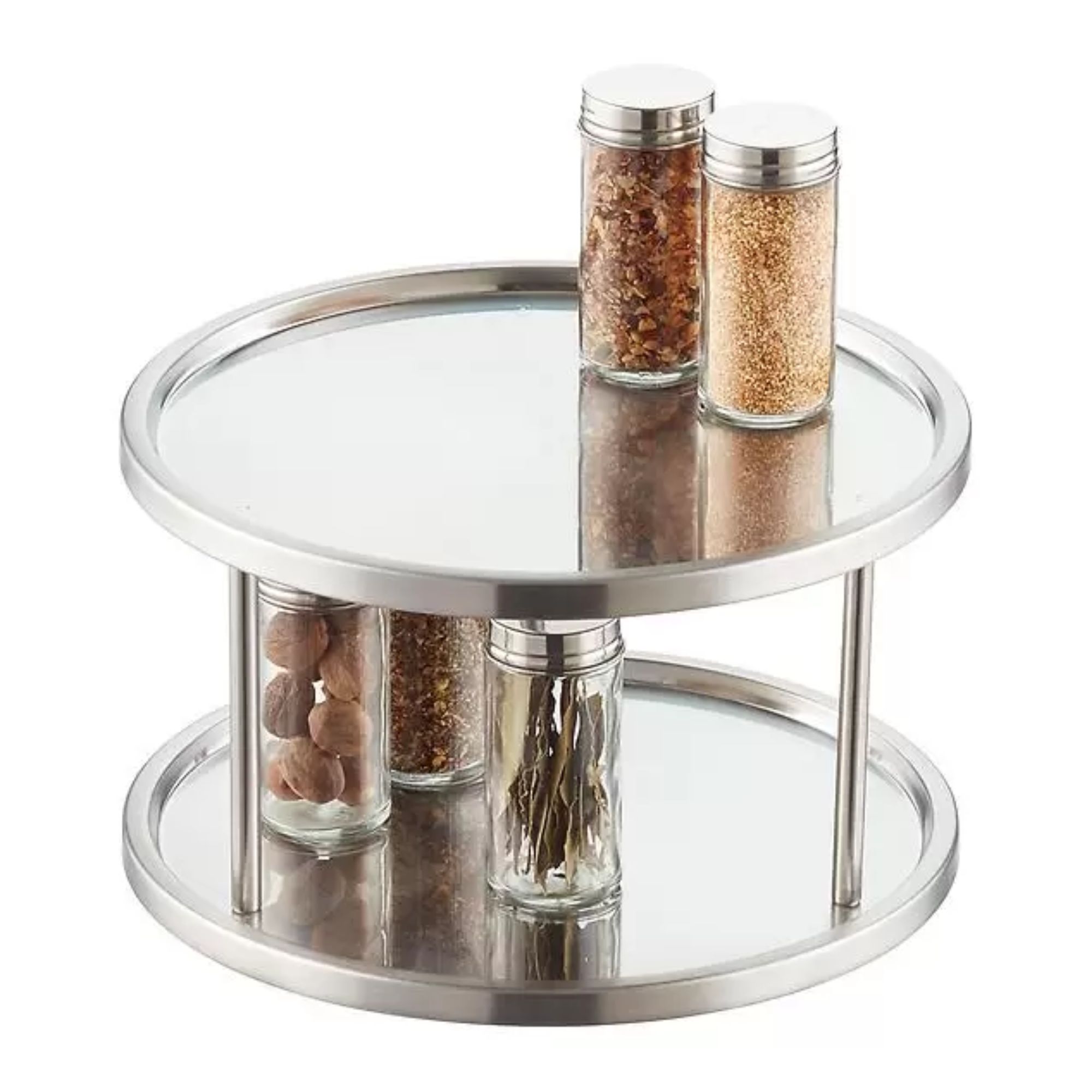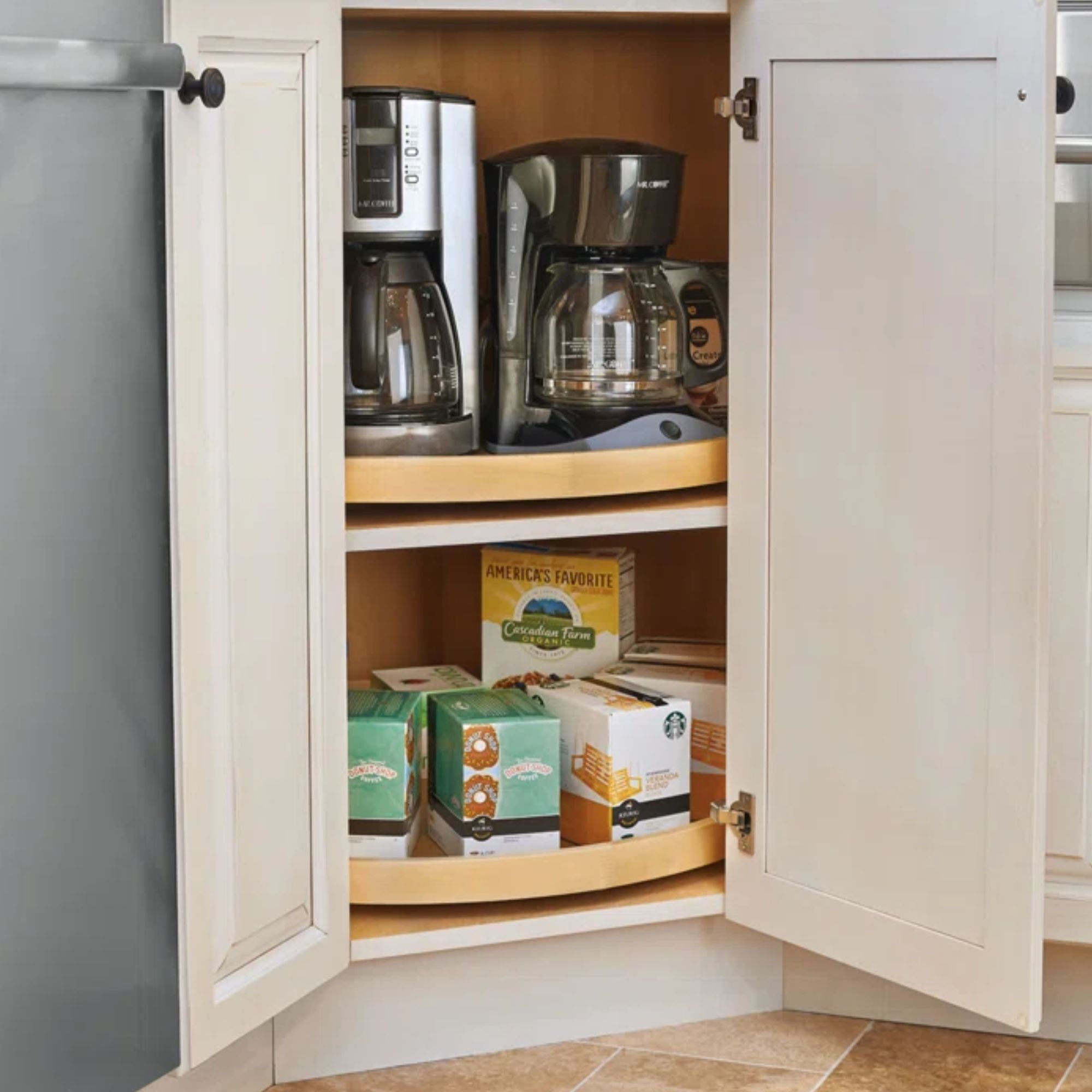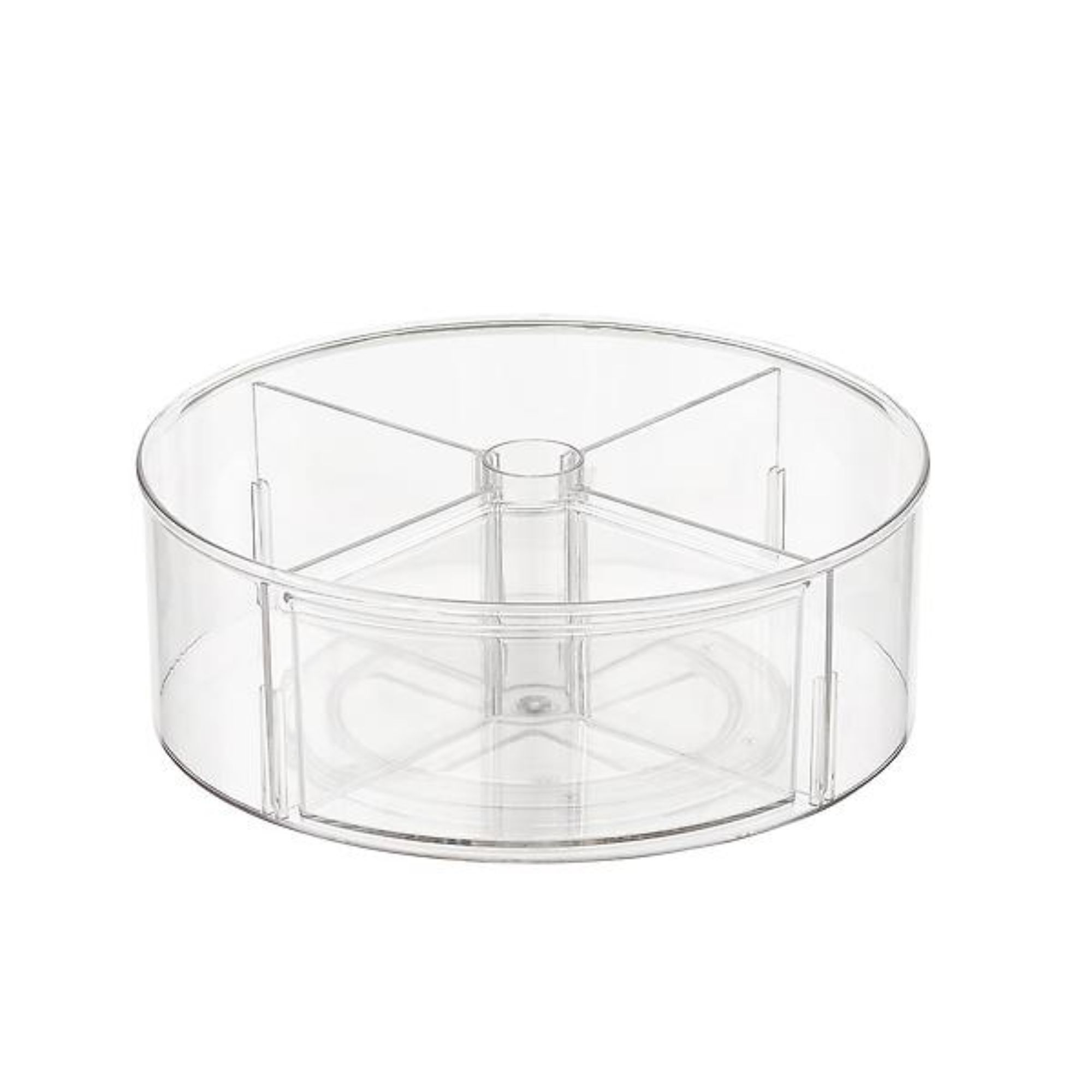8 things people with nice-smelling pantries always do
Establish cleaning routines and find subtle ways to enhance the scent of your pantry

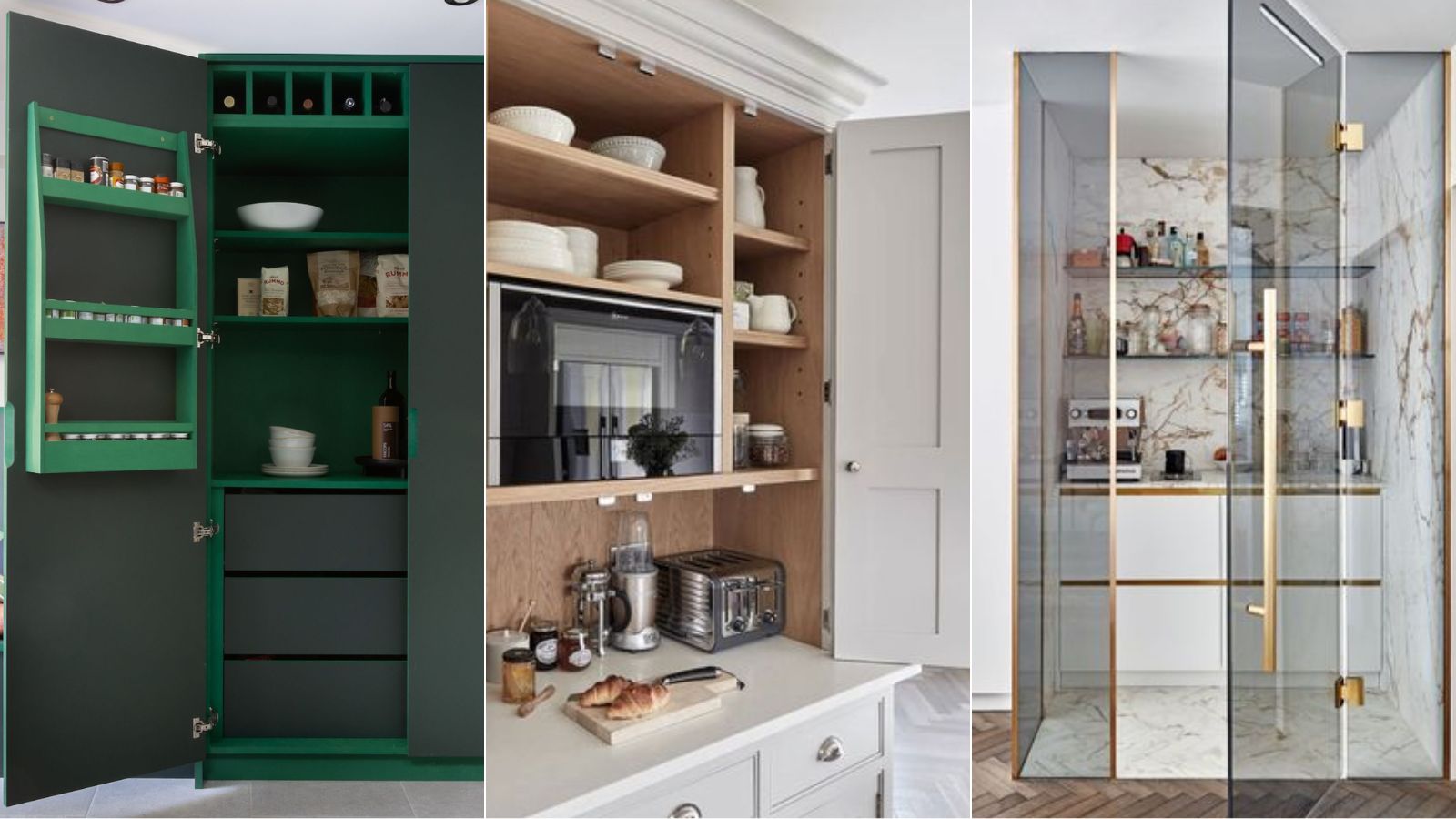
Design expertise in your inbox – from inspiring decorating ideas and beautiful celebrity homes to practical gardening advice and shopping round-ups.
You are now subscribed
Your newsletter sign-up was successful
Want to add more newsletters?

Twice a week
Homes&Gardens
The ultimate interior design resource from the world's leading experts - discover inspiring decorating ideas, color scheming know-how, garden inspiration and shopping expertise.

Once a week
In The Loop from Next In Design
Members of the Next in Design Circle will receive In the Loop, our weekly email filled with trade news, names to know and spotlight moments. Together we’re building a brighter design future.

Twice a week
Cucina
Whether you’re passionate about hosting exquisite dinners, experimenting with culinary trends, or perfecting your kitchen's design with timeless elegance and innovative functionality, this newsletter is here to inspire
Pantries are one of the spaces in your home with the most potential to be nice-smelling, full to the brim with aromatic spices, herbs, zesty citrus, and sweet treats. However, without proper organization, cleaning, and maintenance, your pantry can smell less than ideal.
There are some key maintenance behaviors that people with nice-smelling pantries always do which are perfect for creating a space that is a source for culinary inspiration. Having a pantry that smells nice is not only pleasant but also helps maintain the freshness of your stored food items.
Our experts have recommended the top eight things they have found people with nice-smelling pantries always do.
Things people with nice-smelling pantries always do
Creating a pleasant pantry environment can be done with proper organization, regular cleaning, and incorporating natural deodorizers and fragrances.
1. Use airtight containers

'Using airtight containers to store food is essential to prevent smells from permeating,' advises Mohammed Ahmed, founder of The Home Guidance. 'Glass containers are often preferred because, unlike some plastics, they don't retain odors.'
These airtight containers are something professionals always buy for pantries since they will keep different food scents from emanating and mingling, as well as absorbing odors.
'Baking supplies like flour, sugar, and cocoa can absorb odors,' explains Angela Rubin at Hellamaid. 'People with sweet-smelling pantries store these items in airtight containers and clean their baking supplies regularly to prevent unwanted odors.'
Design expertise in your inbox – from inspiring decorating ideas and beautiful celebrity homes to practical gardening advice and shopping round-ups.
Kerry Sherin, consumer advocate at Ownerly says: 'These containers offer a double advantage: they keep your food from becoming stale and prevent any form of contamination.
'Remember, nothing invites pantry pests such as moths and beetles more than easy access to your food items. Putting your ingredients in durable glass or BPA-free plastic containers is a surefire way to keep these nuisances at bay while preserving the freshness of your pantry. It may seem like a small step, but it makes a huge difference.'

Mohammad Ahmed is an interior designer and home expert. He did his bachelor's degree in interior design at the University of Minnesota in 2013 and since then has worked as an interior designer in various companies, designing functional and beautiful spaces for clients.
In addition to his interior and exterior design skills, Mohammad is also a home expert with a talent for creating bespoke furniture and other accessories. He has been featured in popular publications such as Forbes, Yahoo, Realtor, Real Homes, Bustle, and Livingetc. for his exceptional design tips.

Hellamaid is an award-winning cleaning company in Canada that's been featured on multiple global media brands.
2. Avoid keeping overripe produce
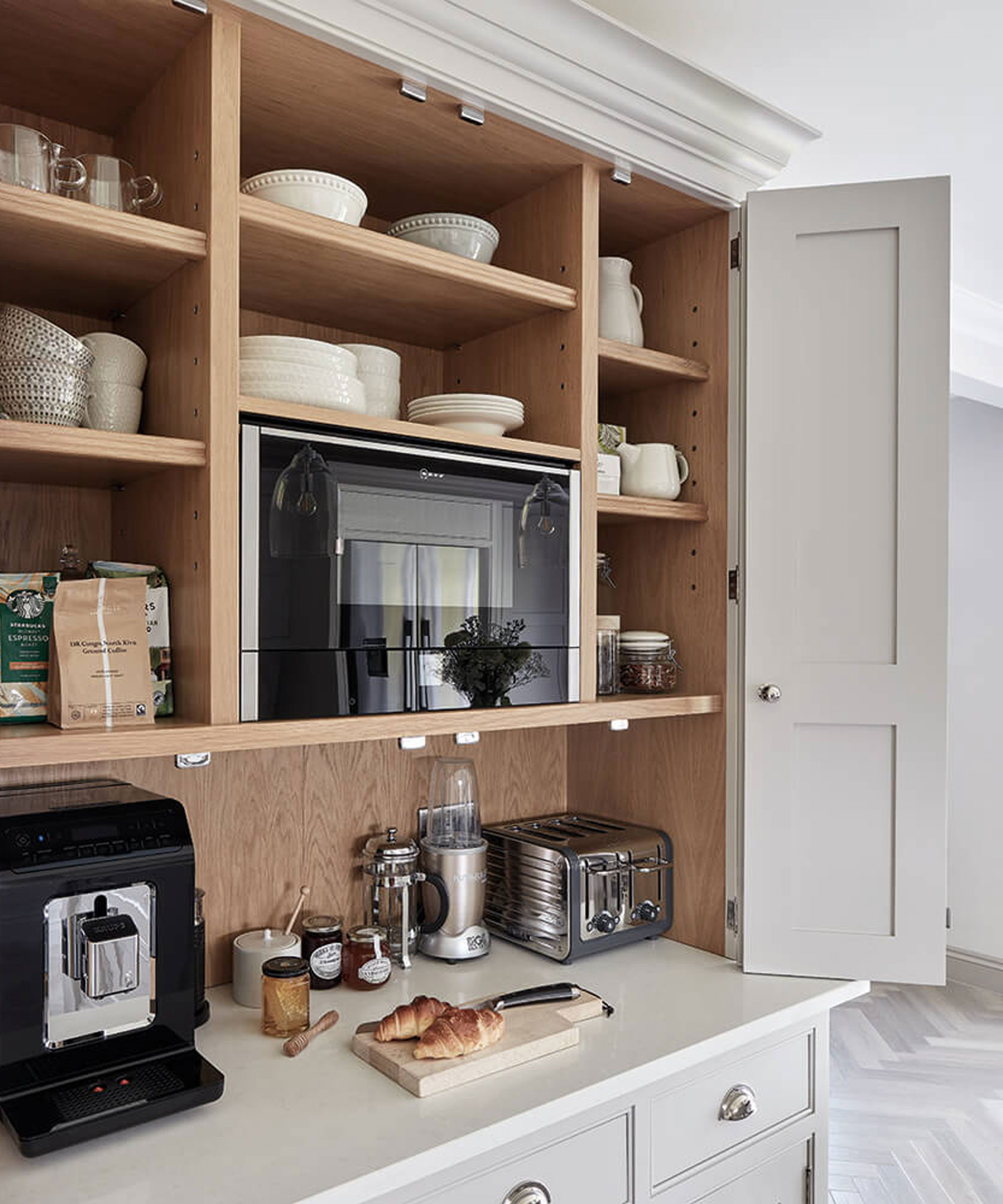
Keeping on top of any expired food and decluttering the pantry once or twice a year will help keep on top of odors. 'Pay attention to the expiration dates on your pantry items. Use the first in, first out (FIFO) method to ensure that older items get used first, preventing any unpleasant surprises,' advises Muffetta Krueger, cleaning expert and founder of Muffetta’s Domestic Assistants.
'Periodically take inventory of your pantry to identify any expired or spoiled items. Discard them promptly to maintain a fresh-smelling space.'
There are a few methods to make identifying expired items and keeping track of when they should be used or discarded simpler. These include clearly labeling items and keeping new ones at the back so older food products get used first, before they expire by using organizers, such as this can dispenser, from Amazon.
'Regularly removing old fruits and vegetables is vital. Installing a Lazy Susan or a rotating tray can be a game-changer because it ensures that nothing gets hidden at the back and forgotten,' says Mohammed Ahmed.

Muffetta Krueger is a cleaning expert and founder of Muffetta’s Domestic Assistants with over 16 years of operational management experience in the service industry. Muffetta’s Domestic Assistants provides housekeepers, house cleaners and maids, and is based in New York.
3. Introduce aromatics ingredients
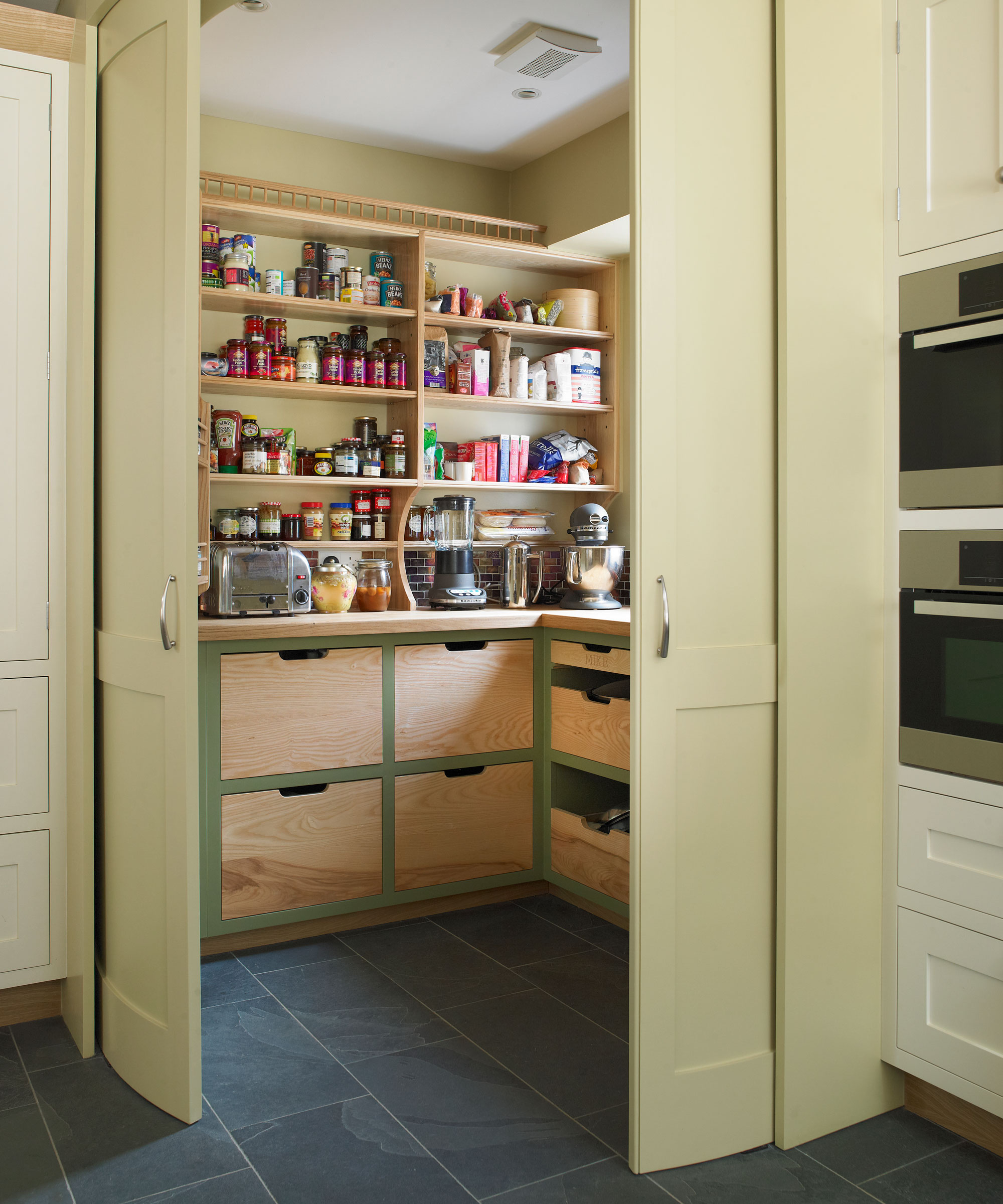
Utilize the aromatic ingredients that you can store in a pantry to create a natural fragrance.
Use ingredients like vanilla extract, cinnamon sticks, or dried lavender to create pleasant scents. You can keep sachets of lavender or vanilla beans in your pantry. You can also make potpourri from pantry items to keep it smelling fresh, including mint, lemon balm, lavender, rosemary, and dried citrus.
Consider creating an aromatic herb garden in your pantry if it has the right light conditions to grow indoor herbs. Store chives, thyme, basil, bay, parsley, tarragon and more.
4. Use natural odor absorbers
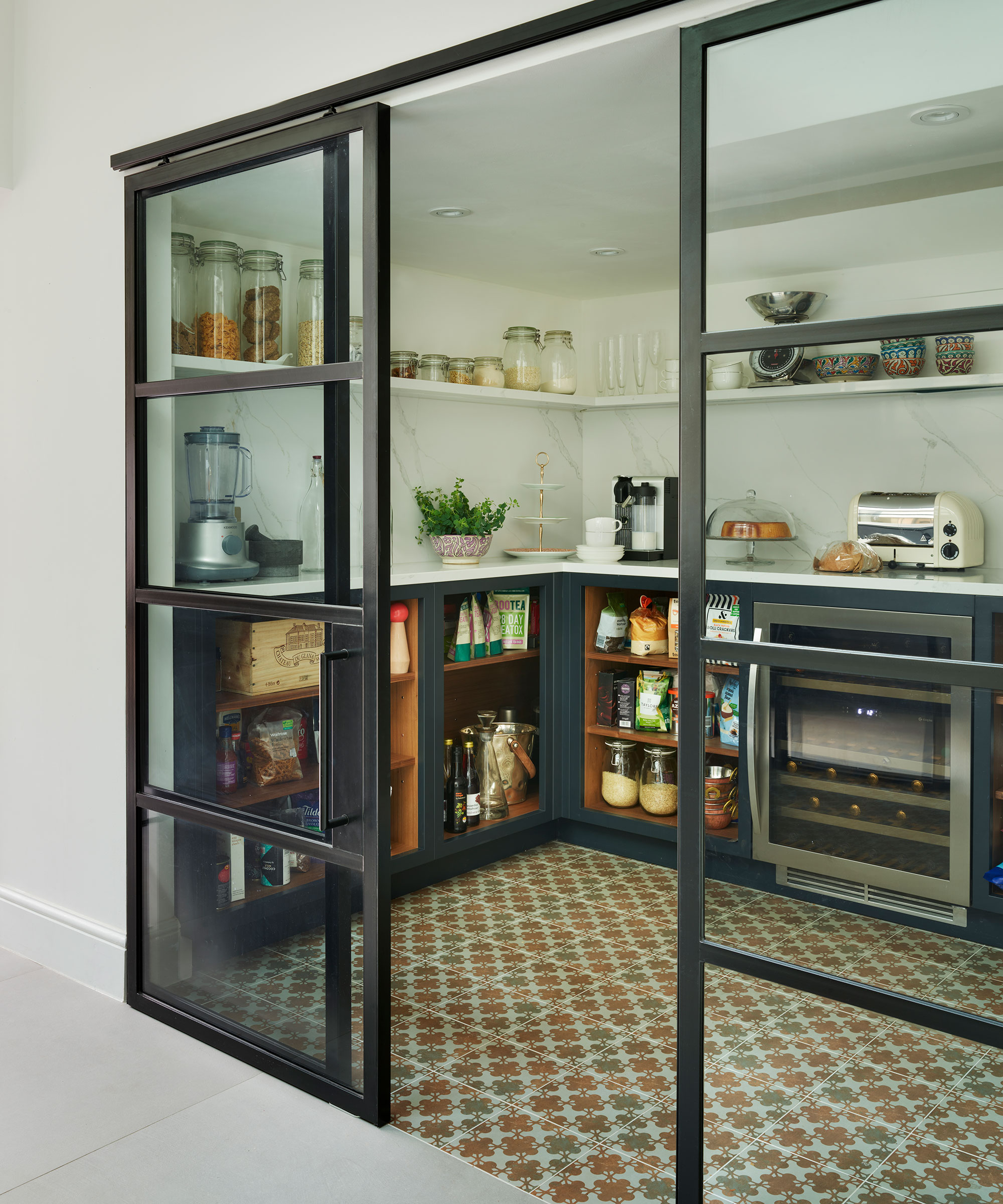
In addition to adding fragrant scents to your pantry, you can also use natural air purifiers, such as open containers of baking soda or activated charcoal, or cedar blocks to absorb any lingering odors.
'Activated charcoal bags placed in different corners or an open box of baking soda on a shelf are popular choices. These natural odor absorbers effectively neutralize unwanted scents, and experts recommend replacing them every 1-3 months,' recommends Mohemmed Ahmed.
'Cedar items not only repel pests like moths but also impart a pleasant aroma. To refresh the cedar's scent, they can be lightly sanded once they start losing their fragrance.'
You can find activated charcoal odor absorbers and cedar blocks, from Amazon.
5. Clean regularly

Cleaning a pantry regularly and keeping it free from dirt and food debris is crucial. Schedule regular cleaning sessions, wiping your pantry shelves, removing any spilled ingredients or crumbs to prevent the build-up of stale odors.
Wipe down shelves with a vinegar and water solution; it's effective and means you don't have the artificial smell of many commercial cleaners.
6. Ensure adequate ventilation and use moisture absorbers
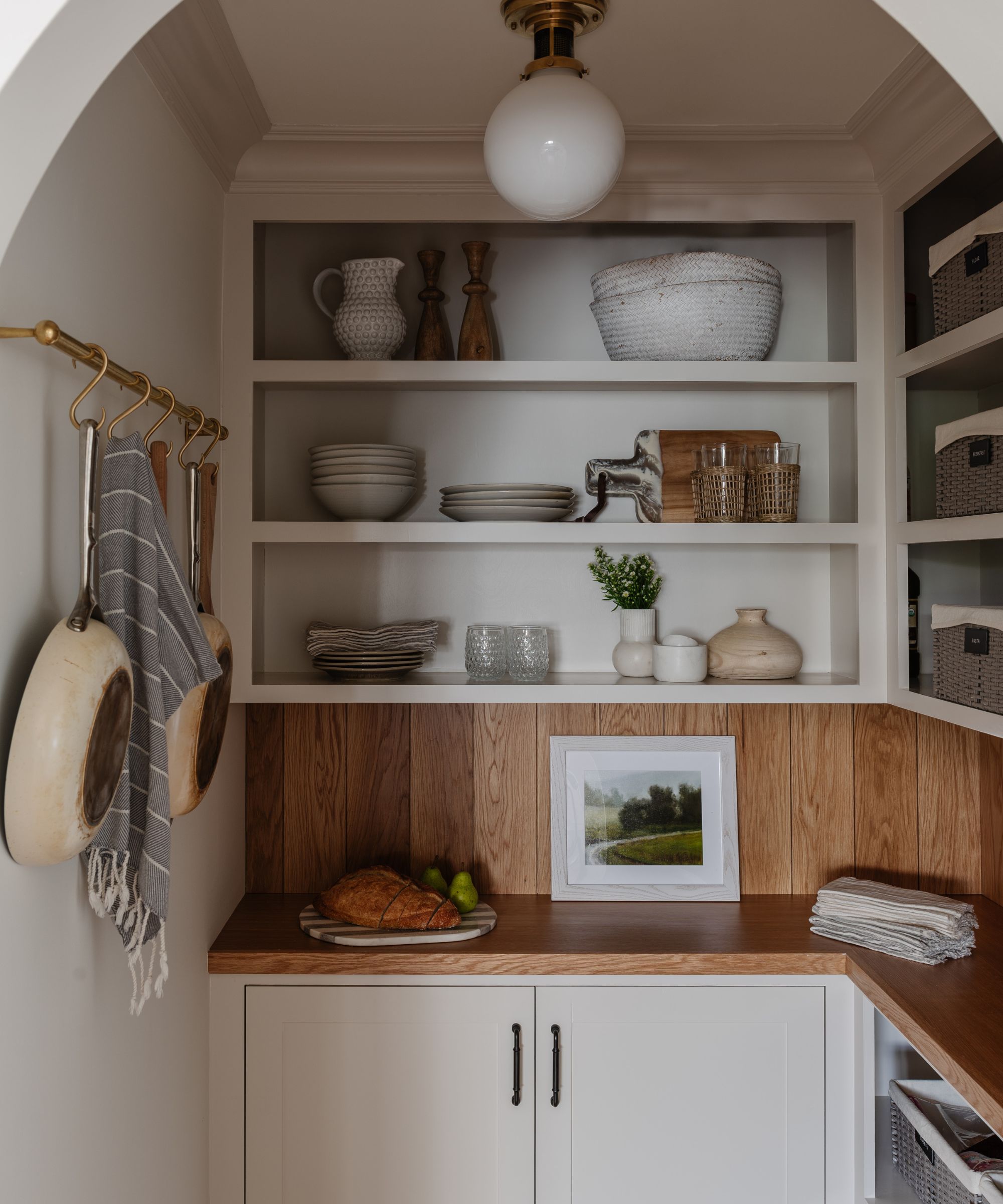
Issues such as limited airflow, humidity, and dampness in pantries can be harmful to your food as well as the scent of your pantry. To keep it smelling fresh it is imperative to keep your pantry dry and well-ventilated.
'Ensuring there's enough airflow in a pantry is essential,' says Mohammed Ahmed. 'If a pantry feels damp or musty, some people consider installing a vent or an exhaust fan to reduce moisture build-up and keep the space smelling fresh.'
'In areas prone to dampness, desiccators or silica gel packets can be beneficial. Those living in particularly humid environments sometimes invest in a small dehumidifier to keep moisture levels in check.'
You can find a desiccant dehumidifier at Amazon.
You can also keep certain plants that reduce humidity in your pantry, such as Aloe Vera, spider plants, or an English Ivy.
7. Install scented liners
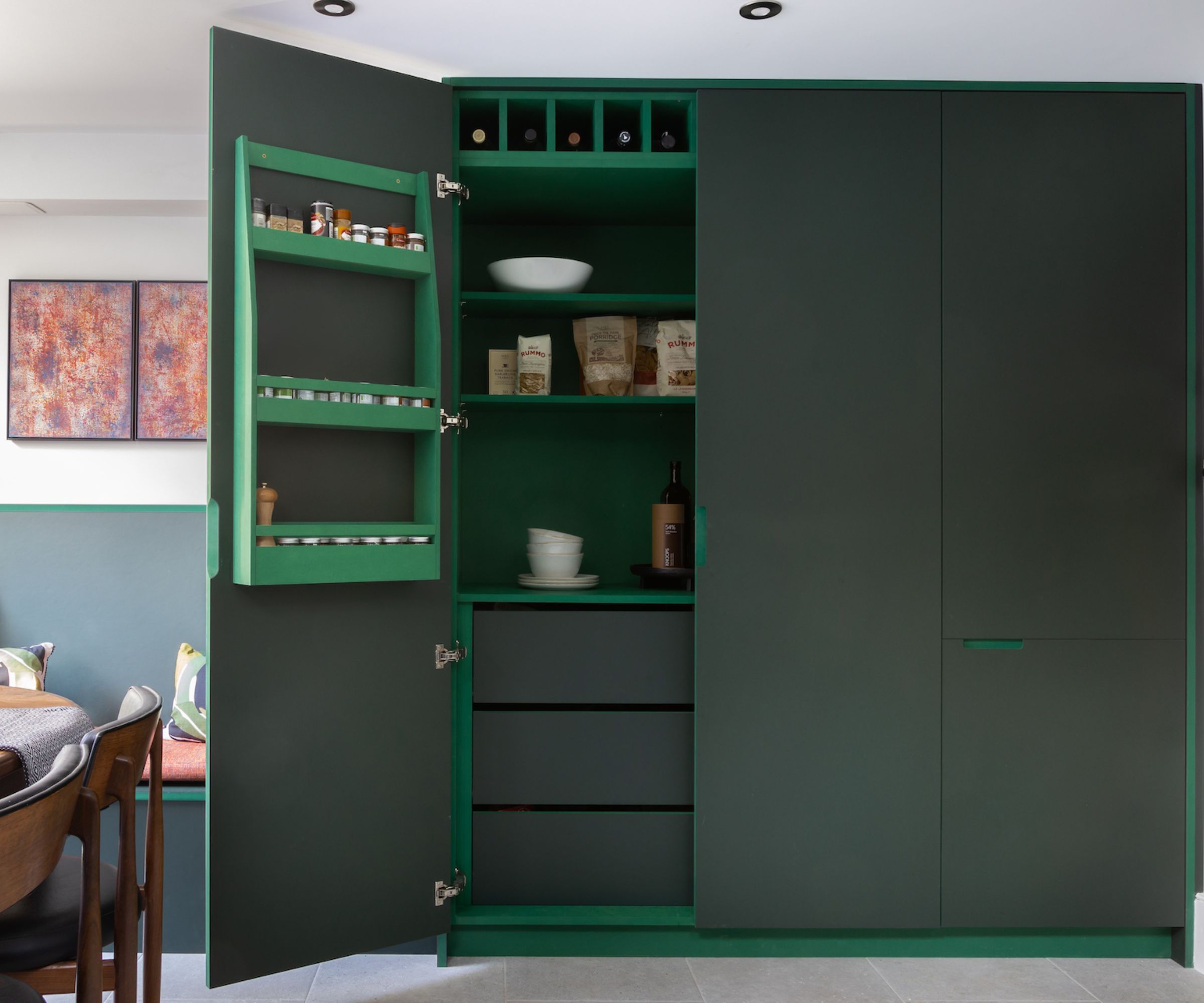
A hidden trick people with nice-smelling homes do in their pantries is incorporate scented liners to infuse subtle aromas into the space.
You can find scented drawer liners such as these fresh linen drawer liners at Amazon, or line your drawers and shelves with paper that you can spray or wipe with a mixture of essential oils and water. You can find natural scented essential oils set at Amazon.
'Opt for natural scents for shelf liners or drawer liners for pleasant and subtle aromas such as lavender or cedar for a soothing effect,' recommends Muffetta Kruger.
8. Organize items properly
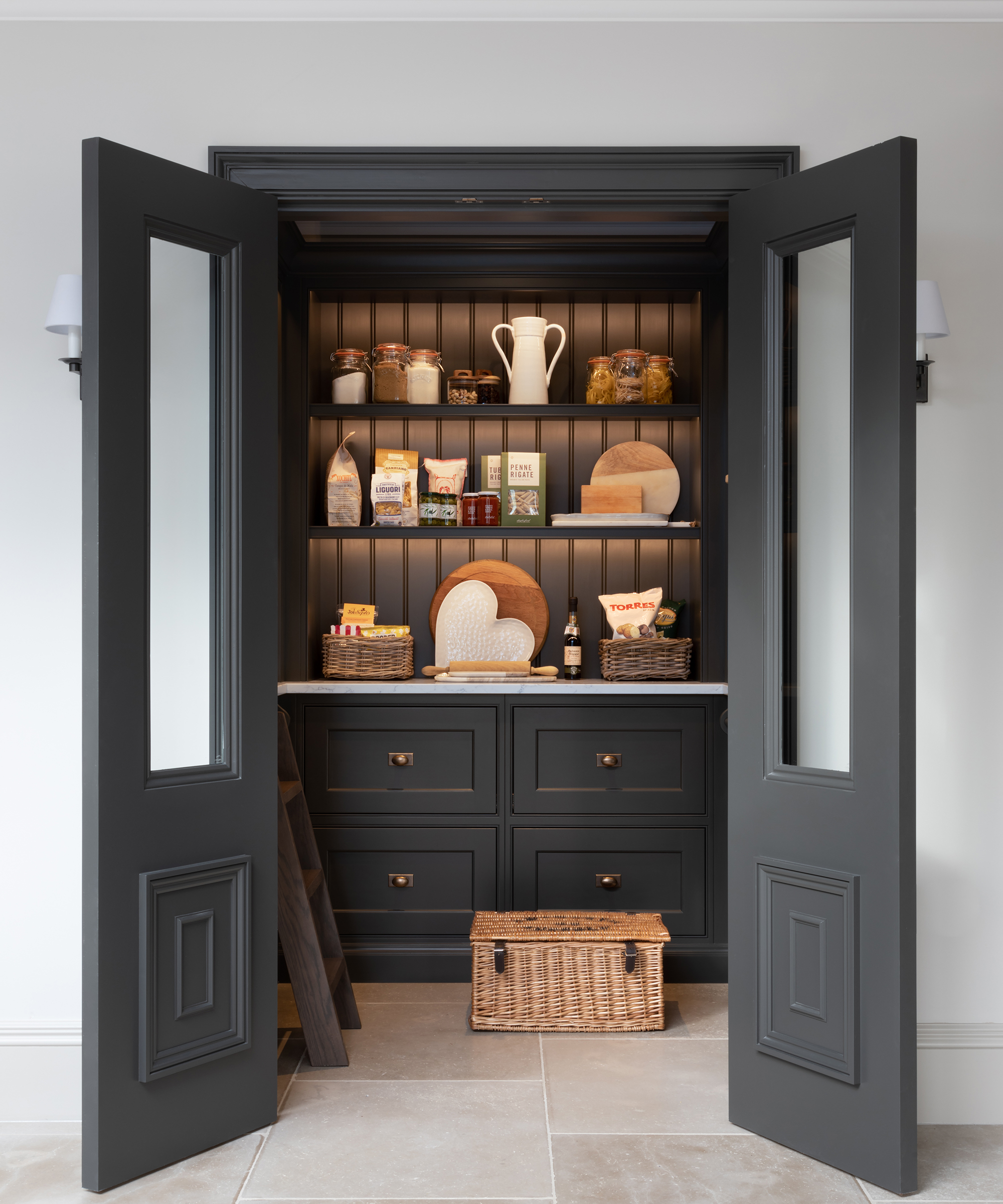
An organized pantry is less likely to have bad odors since it will ensure any mess and expired items are quickly dealt with, as well as meaning food is stored correctly to keep it from contaminating the space.
'Different foods have different storage requirements. For example, spices should be stored in a cool, dark place, while fruits and vegetables should be stored in a cooler place,' explains Janille Mangat, cleaning and organizing expert at VMAP Services.
Angela Rubin explains, 'Onions and potatoes can release gases that affect nearby items. Keep them in separate bins or containers to prevent cross-contamination of odors.'
Muffetta Kruger adds, 'Organize your spices and herbs neatly, preferably in a designated spice rack or drawer. This not only makes them easy to find but also prevents cross-contamination of aromas.' Store spices in a cool, dark place away from direct sunlight, and replace them regularly to ensure they maintain their strength and flavor.
FAQs
Why should you categorize items in your pantry?
Arranging your pantry shelves by category, such as grains, spices, snacks, and canned goods not only makes it easier to find items quickly but also prevents any potential mix of odors. Consider using labeled bins or baskets to keep smaller items together.
You will likely want to avoid having your pantry smelling like a strong cleaner, so rather than using harsh chemicals, remove everything from your pantry at least twice a year and wiping down containers, shelves and the floor with a mild dish soap and water or clean with vinegar and water.

Lola Houlton is a news writer for Homes & Gardens. She has been writing content for Future PLC for the past six years, in particular Homes & Gardens, Real Homes and GardeningEtc. She writes on a broad range of subjects, including practical household advice, recipe articles, and product reviews, working closely with experts in their fields to cover everything from heating to home organization through to house plants. Lola is a graduate, who completed her degree in Psychology at the University of Sussex. She has also spent some time working at the BBC.
